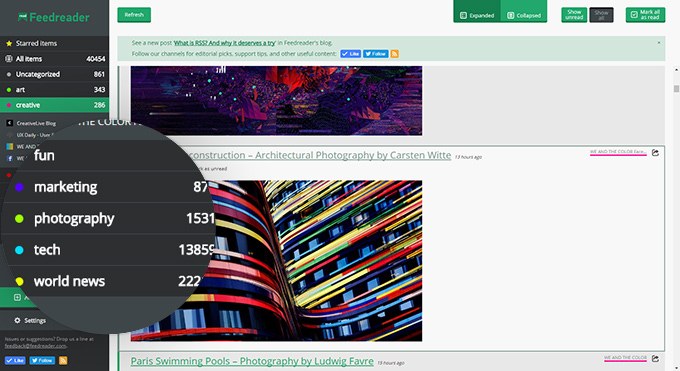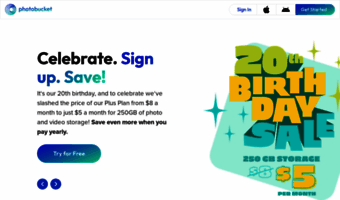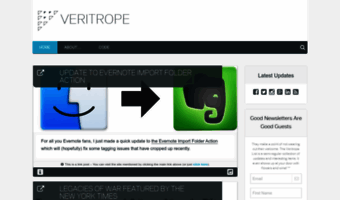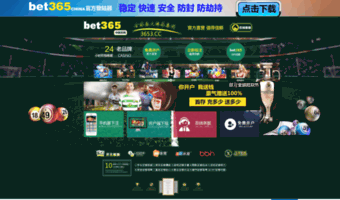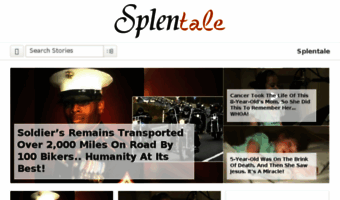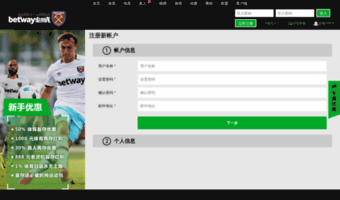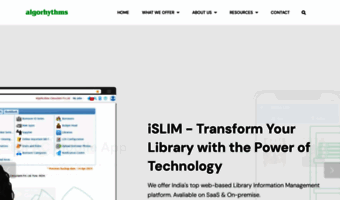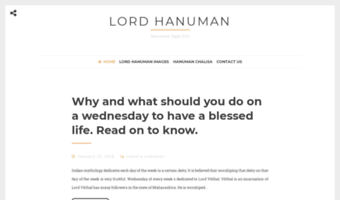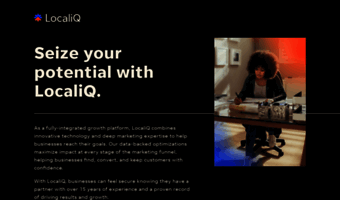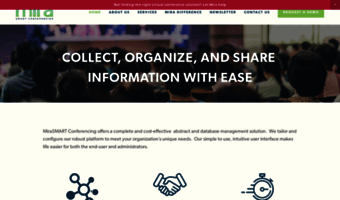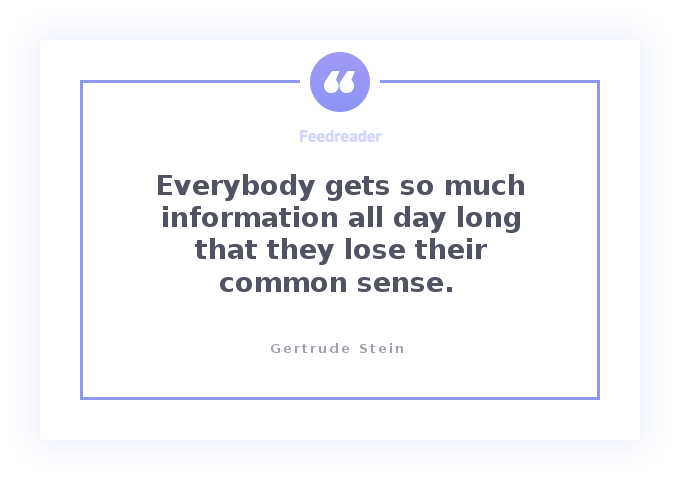
It’s been a few decades since we were introduced to some iconic yet doubtful products of the modern accelerated lifestyle, including ‘fast food’ and ‘fast cars’ (not to mention a pure disaster of ‘fast loans’, of course). Then, some evil geniuses of IT made things even worse: they released a new plague - fast Internet connection! It’s free, unlimited and gets you literally everywhere: on a bus stop, on a roadway, in your favourite coffee shop, in a park, hospital, school, library, restroom… and it’s ready to eat your brain hit you with the information anxiety syndrome making your life even more turbulent and hectic.
Seriously though, the rapid technological progress just gives us another bunch of powerful tools to be used for either good or evil - you choose. So-called infoxication, infobesity or information overload is the dark side of staying online 24/7: your devices might be beeping, ringing, and vibrating all at the same time, many times a day, all day long - email notifications, social media updates, breaking news, working and personal messages keep coming nonstop (by the way, only 13% of US residents prefer to stay offline).
Our mind struggles to absorb such a massive amount of information but fails somewhere in the middle of it: you’re getting tired, while switching between different sources/tabs/devices, and trying to process the abundance of information that pretends to be important or useful (in fact, it is not), and thus it becomes even harder for you to concentrate and differentiate what is really essential from unimportant or disturbing stuff.
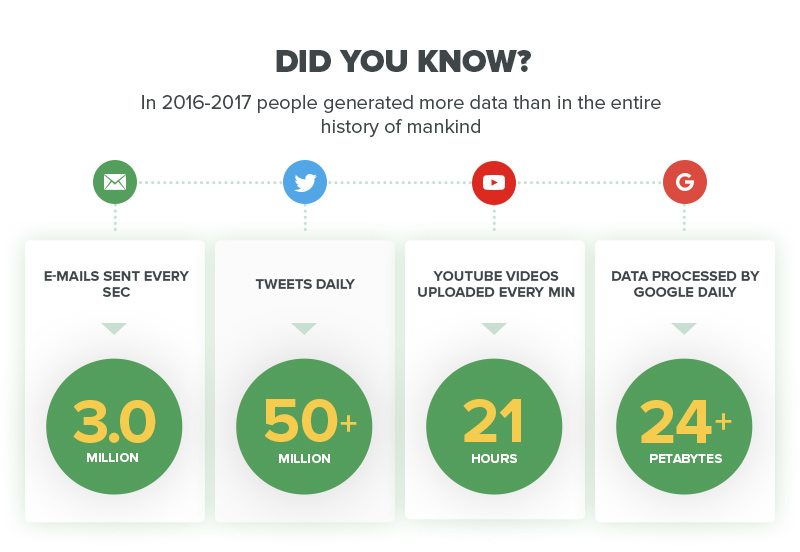
Irritation, disturbance, poor concentration, inability to make an informed decision - those are the main symptoms of 'information fatigue syndrome' and the cost of being constantly exposed to too much information. We may find it similar to the classic multitasking issue: heavy multitaskers can suffer a poor productivity, hurry sickness, and decreased cognitive ability. Managing several tasks at a time (e.g. scrolling down through a piece of content along with checking emails/messages on your phone) will definitely do no good to your learning capacity.
It is not only the Web that causes infoxication - TV channels, radio stations, and outdoor advertising generate tons of informational noise. According to Daniel Levitin, a psychology professor at McGill University, ‘infobesity’ symptoms can simply occur because of a growing variety of brand choices in our grocery stores today - there are almost 5 times more products on the shelves comparing to 1970s.
Information hygiene - how can it help?
One of the main infobesity reasons is information pollution and evolving from it ‘multi-tasking’ (or heavily fragmented/mixed learning activity) leading to multiple distractions or context switching, which can quickly exhaust your brain, paralyze your movement towards important goals, and negatively affect your decision-making process.
You can cope with the information pollution/overload problem by applying a few simple rules in your daily life. It’s hardly possible to solve it radically (unless you're ready to live in a high-mountain monastery), but you can adhere to an information hygiene policy that would allow you to manage the incoming flow of information efficiently, and thus win extra time for self-development or spending it with your family and friends.
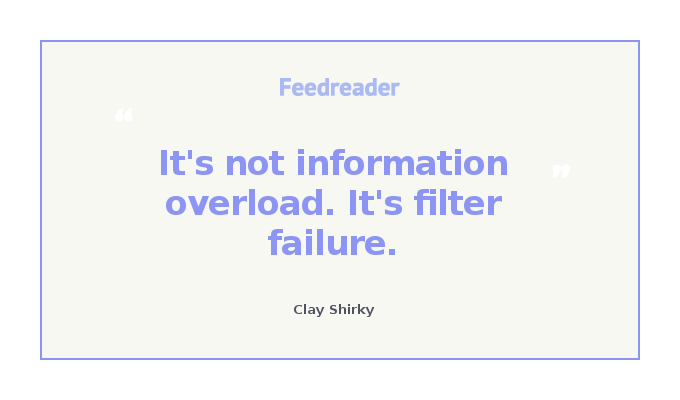
5 healthy habits of information hygiene
1) Identify what info really matters to you in terms of personal and professional life, and get rid of everything excessive.
We may find ourselves subscribed to dozens of news outlets which can daily flood us with a real tsunami of pushy yet useless content. Analyze your subscriptions (both RSS and social media) and find out which of them provide you with a duplicated, reused, or very similar content. You'll be surprised how easily you can cut off most of them and lose nothing at all.
Withdraw news sources which are less original or profound (including those that are full of clickbait stuff); and yes, they may post useful info sometimes, but you shouldn’t make your way through their conventional junk before finding a hypothetical ‘diamond’ among it. Unfollow them and set yourself free!
2) Schedule a particular time to check the news or email inbox. Follow your schedule and never go beyond: for example, you may spend an hour once a day (plus 10 minutes every next hour if necessary), to keep abreast of the situation. You must know that a frequent urge to check emails/messages is a symptom of infoxication, so you need to overcome it.
3) Prioritize your information. There are always more/less important things in our life: define what's important to you at the moment, and get to that type of content first (you know, first things first). Otherwise, you might become ‘content fried’ - your attention and thoughts will begin to wander badly, instead of focusing on what is at hand.
4) Ignore unnecessary information (learn to say ‘NO’). First of all, take some ‘days off’ during your week, when you minimize the time you spend online. For example, on weekends you may simply read NO news or business correspondence, postpone sending all non-urgent messages, avoid web-surfing, but you’d better focus on relaxation and having a good time with your family or friends.
5) Organize your newsfeed and other information channels. It’s always a very individual strategy, but you need to organize the incoming flow of information in a way that would let you check the essential matters at the first place (and remove all possible distractions), depending on your professional and personal situation.
Feedreader Online users can categorize the feeds, and switch between these categories according to their relevance. Also, you can translate your social media updates into RSS, and then receive them in Feedreader Online, so that to minimize the influence of social newsfeed algorithms.
